Altruism: Recent Art From The Czech Republic
June 26 – August 29, 2010
with Vasil Artamonov & Alexey Klyuykov, Daniel Balabán, Isabela Groseová/Jesper Alær, Martin Horák, Jakub Hošek & Anezka Hošová, Aleš Hudček, Eva Jirička & Katharina Cibulka, Michael Kalhous, Pavel Karous, Jirí Kovanda, Ládví, Hana Puchová, Janek Rous & Jan Trejbal, Katerina Šedá, Jan Šerych, Jirí Suruvka, Tereza Velíková & Tereza Severová, Andreas Wegner
Last Chance To See is a joint project of The Kunstverein Bonn and the Prague exhibit house transit display. The autonomous institutes for contemporary art in Eastern Europe (Prague, Budapest, Bratislava) combined under the umbrella project transit.org, which was initiated in 2002 by public Austrian retail bank Erste Bank, consider themselves part of a broad cultural support program for Eastern Central Europe. Founded originally purely as a project office, transit.cz has since expanded to include the exhibit house tranzitdisplay. These days its duties are comparable to those of Kunstvereine in German-speaking countries – only without the essential member structure. In collaboration with tranzitdisplay and its curator Vít Havránek, the Kunstverein Bonn (curator: Stephan Strsembski) has put together a group exhibit of Czech art on the topic of altruism. Altruism is a moral term, putting individuals in relation to others. It refers to the willingness to put one’s own interests behind those of others and therefore society as a whole. This allows for two possible readings: Firstly, the individual’s interest in themselves might indeed be lesser that their interest in others. Or secondly, acting altruistically and putting the needs of others before one’s own might itself be the individual’s main objective. Starting point for the Altruism project is the assumption that a functioning society is dependent on altruism. In general understanding, the altruistic principle and the economic contract are polar opposites. More recent studies in social science however suggest a “civic economy” which would put an end to that kind of dialectic thinking (Luigino Bruni). The Altruism project is concerned with applying this actuality to the domain of fine arts. A collaborative project was realized which not only shed light on altruistic processes and acts, but was altruistic itself. Instead of selecting a group of artists or an individual artist and commissioning visual representations of the topic in question, transitdisplay and the Kunstverein Bonn developed a mode of altruistic curatorial form and assigned essential parts of the exhibition’s planning to a group of well-suited and interested individuals. This approach is used to transparently apply the now-common concept of the guest curator, to test its capability and to reflect on it in both publication and conversation. This curatorial process, initiated from an altruistic perspective and realized with people of Czech and German origin, will culminate in several exhibitions, lectures and performance projects of different proportions, which will be developed to suit the size and potential of the two institutions. According to the above stated assumption, two types of conclusion are key to the project: First, how can an exhibition project on the subject of altruism be designed to be altruistic itself? This question is subsequently the basis for the second consideration: organizations like Kunstverein Bonn and transitdisplay which are, despite several similarities in social function, potential and limits, entirely different from each other. Curators: Stephan Strsembski (Kunstverein Bonn) and Vít Havránek (tranzitdisplay). Involved organizations: o.s. Gallery Ostrava, Krajska galerie vytvarneho uměni ve Zlině, Entrance Gallery Prague, Gallery – Dum umeni, Ceske Budejovice, Futura Gallery Prague, MeetFactory Prague, A.M. 180 Gallery Prague, etc. Gallery Prague, Gallery G99 Brno, Skolska 28 Gallery Prague, E. Filla Gallery Usti nad Labem, tranzitdisplay Prague "Last Chance To See - Kunstverein. The Dinosaur Of The Art World" A collaboration of the Kunstvereine Dusseldorf – Cologne - Bonn The exhibition Altruism: Recent Art From The Czech Republic will take place within the framework of the collaborative project Last Chance To See. The Kunstvereine Bonn, Dusseldorf and Cologne have, for the first time, initiated a collaborative project, consisting of exhibitions, events and a publication, meant to shed light on the institutional challenges facing Kunstvereine in the 21st century. At the core, Kunstvereine are civil institutions, which sprung up during the Vormärz (the eve of the German revolution of 1848) as a response to aristocratic salons. But what happens when we come to realize that in our post-civic society, civic involvement and federal logic have all undergone a loss of importance? And how does this conclusion impact Kunstvereine? In Last Chance To See, a reference to Douglas Adams’ travelogue, we are treating Kunstvereine as a species that is possibly endangered but also exceptional and most definitely worth preserving, a species that will be closely examined in a series of events in Bonn, Cologne and Dusseldorf. These considerations are enhanced by an international perspective. The three Kunstvereine organized the Last Chance To See exhibitions together with other European partners: Dusseldorf with Overgarden/DK, Cologne with the Chisenhale Gallery/UK and Bonn with tansitdisplay/CZ. These venues for fine arts are organized very differently and all very relevant for their respective art scene. Unlike the German Kunstvereine, which are looking back on 200 years of history, their partner organizations were all founded much more recently. Cooperating with international partner organizations that have similar objectives despite their different social structures allows for a free exchange of artistic endeavors and theories, nationally and internationally. After uncovering the potentials and the direct comparison of similar objectives within different social and organizational structures within Europe, the next step can be an evaluation of the possibilities and perspective for an organization like the Kunstverein or its European alternatives. The Rhineland network is debating questions concerning the role of contemporary art and its communication. The independent exhibition projects in Dusseldorf, Cologne and Bonn are linked together by debates, guided tours and an accompanying publication (to be released September 2010). The unusual concentration of cultural institutions in the Rhineland and its potential as an engine for social change will be illustrated and celebrated in a party at the Kunstverein Cologne on Friday, June 25, 10pm.
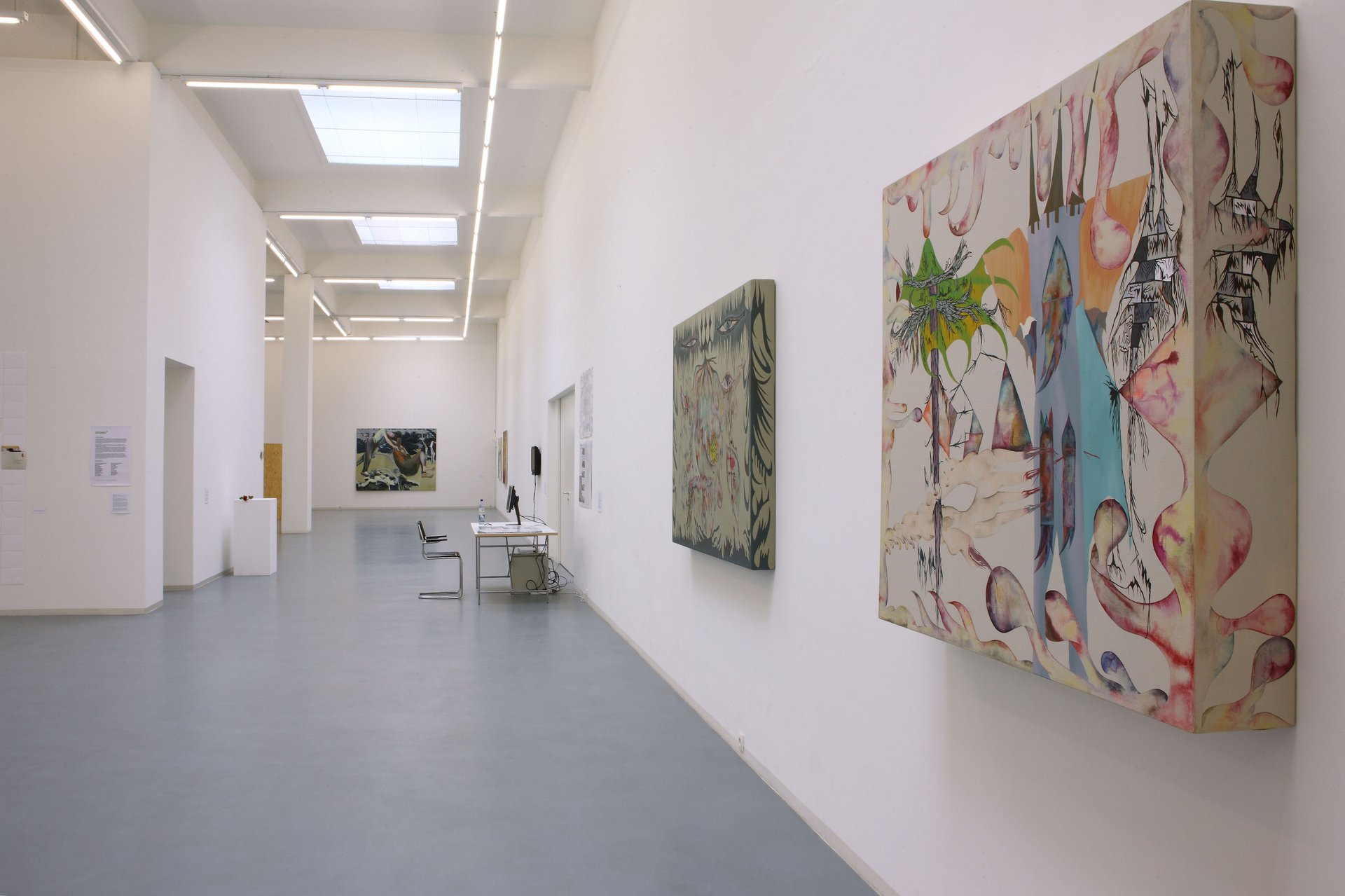
Altruism: Recent Art From The Czech Republic, Installation view, Bonner Kunstverein, 2010. Photo: Alistair Overbruck
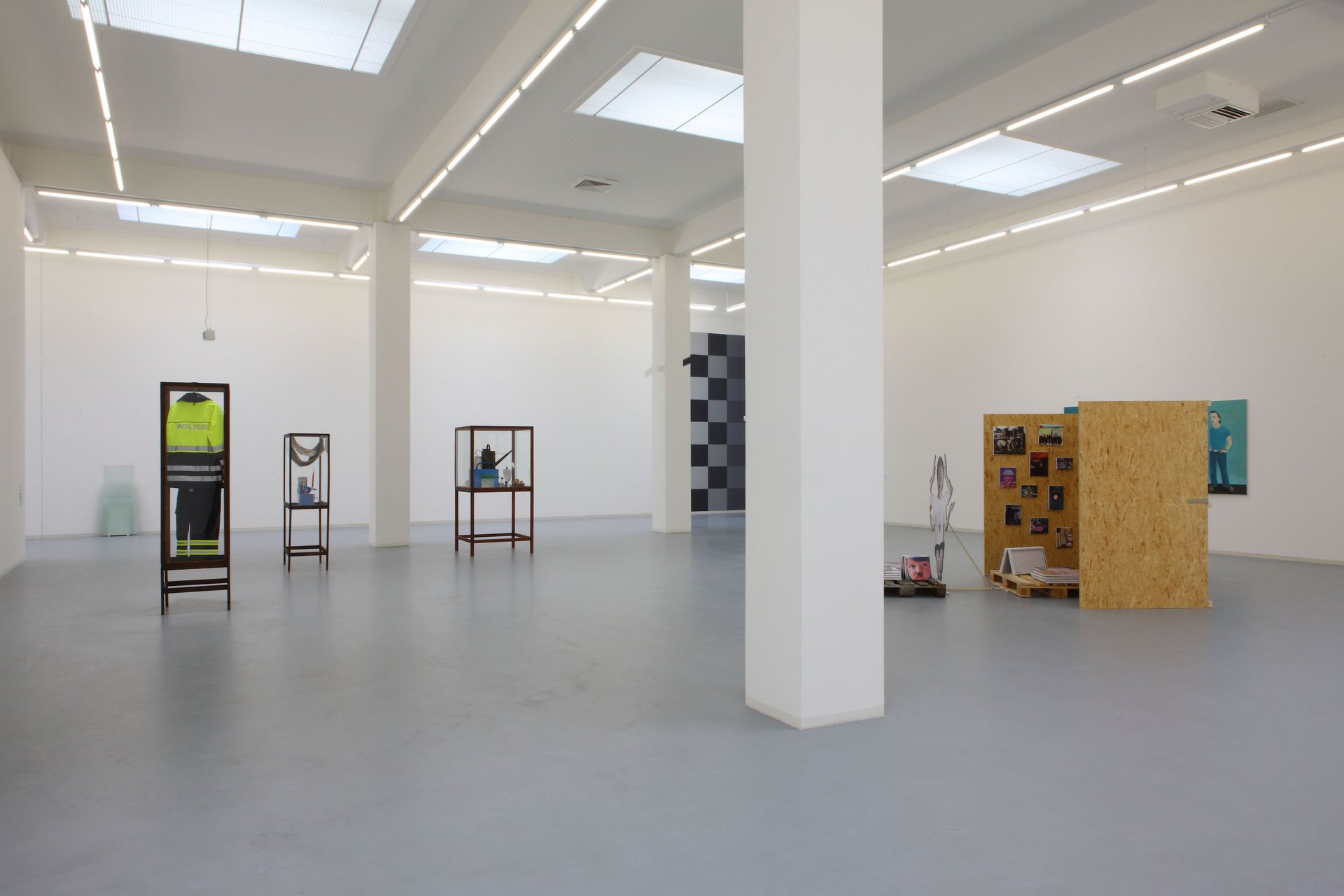
Altruism: Recent Art From The Czech Republic, Installation view, Bonner Kunstverein, 2010. Photo: Alistair Overbruck
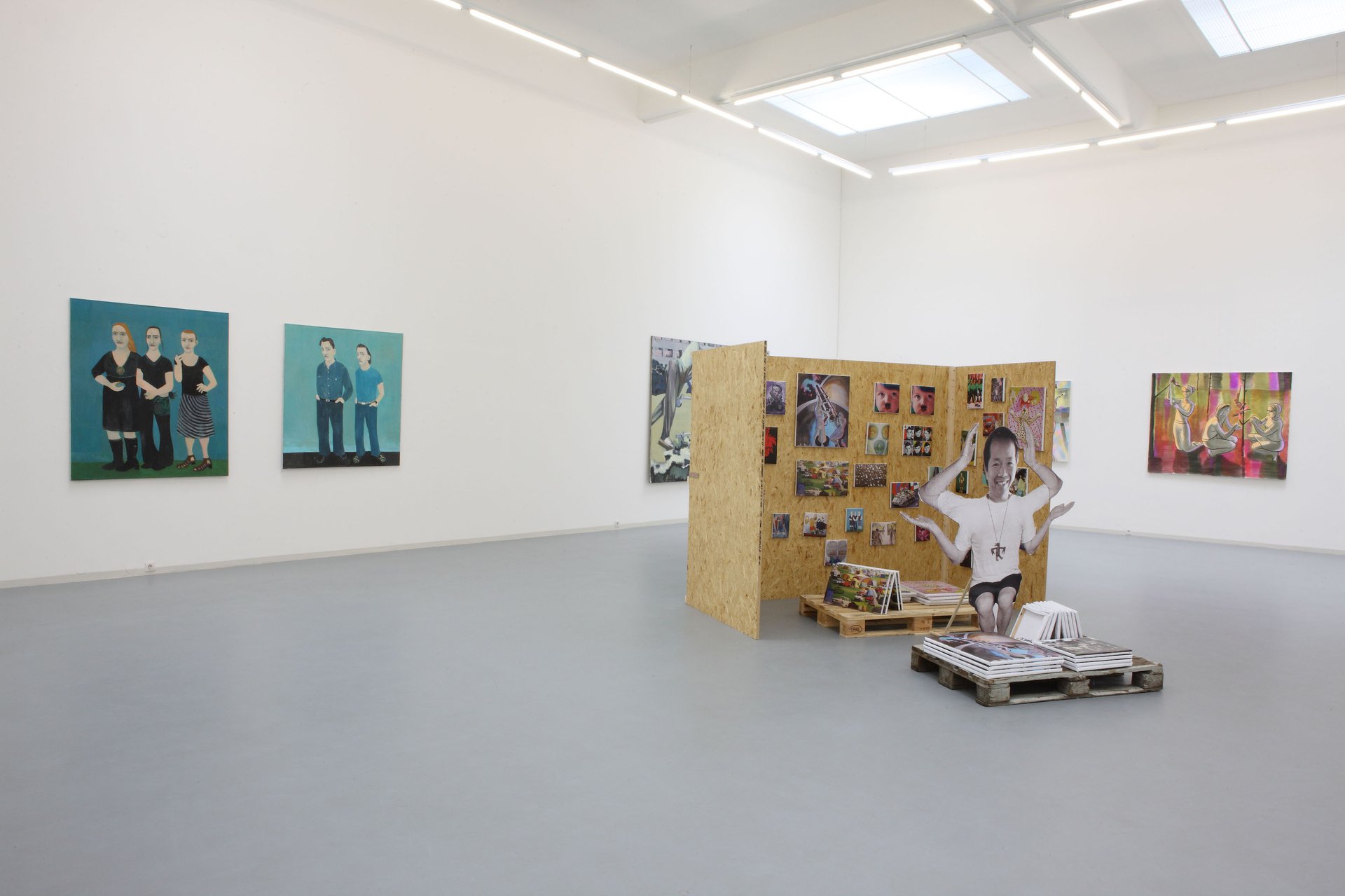
Altruism: Recent Art From The Czech Republic, Installation view, Bonner Kunstverein, 2010. Photo: Alistair Overbruck
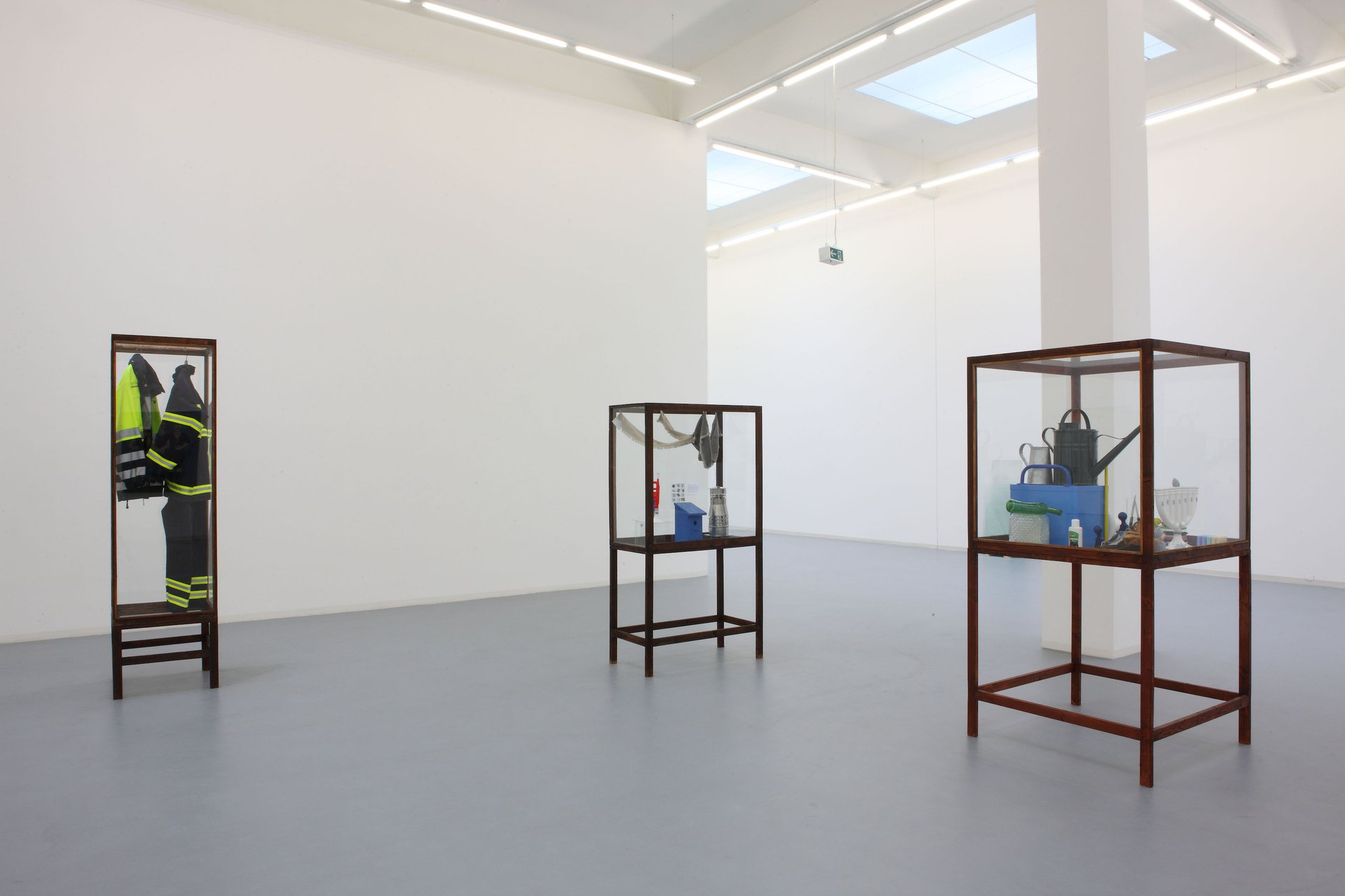
Altruism: Recent Art From The Czech Republic, Installation view, Bonner Kunstverein, 2010. Photo: Alistair Overbruck
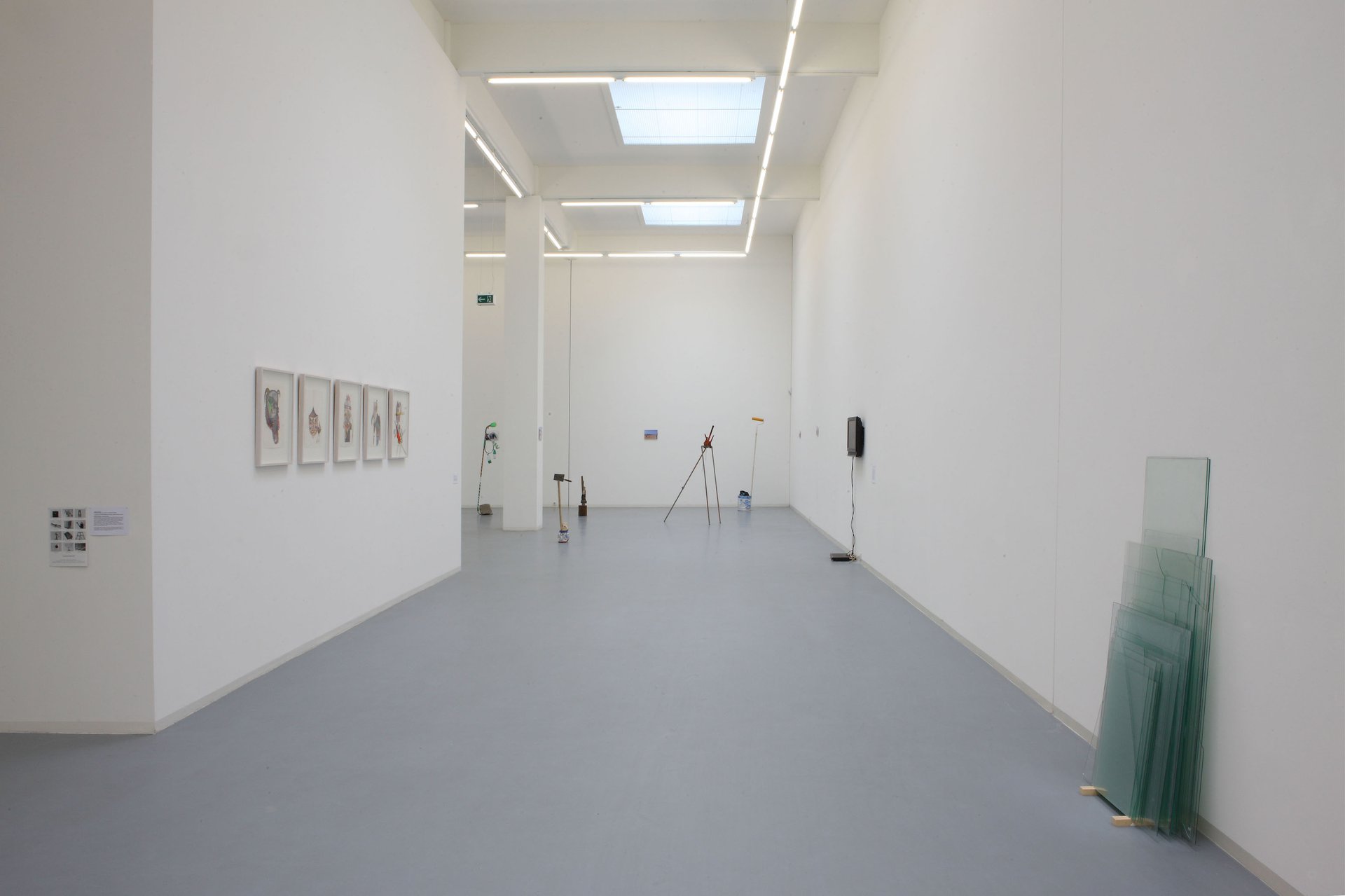
Altruism: Recent Art From The Czech Republic, Installation view, Bonner Kunstverein, 2010. Photo: Alistair Overbruck
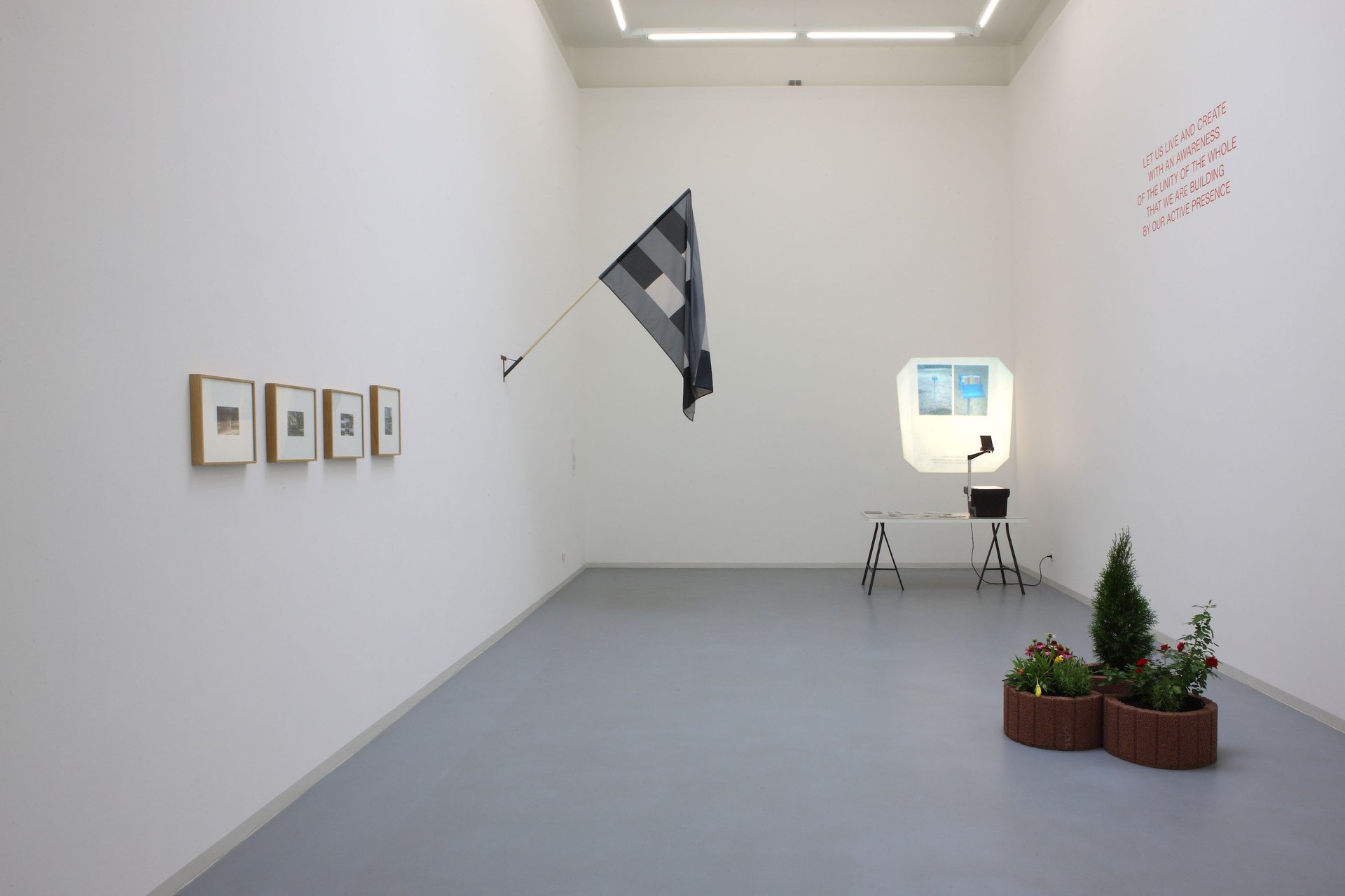
Altruism: Recent Art From The Czech Republic, Installation view, Bonner Kunstverein, 2010. Photo: Alistair Overbruck